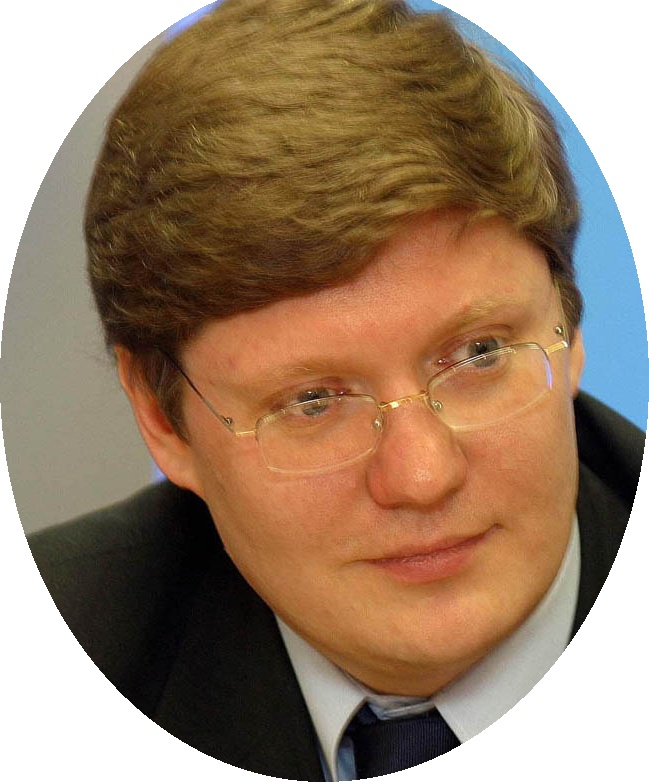«THE SNOWY OPPOSITION»: THE VIEWS, BELIEFS, VALUES
02/06/2012The sociological agency Sreda (The Environment) has interviewed 200 members of the protest rally held on Moscow’s Sakharov Avenue on 24 December 2011, to become aware of the socio-demographic characteristics, ideological and religious preferences of the opposition.
The Sreda’s study enables to draw up an exemplary portrait of the rally participant: it was a rather young person (75% of the respondents were under 40) supporting the ideas of democracy and liberalism (70%), and a dweller of Moscow. The prevailing majority of the participants were students, middle-rank managers, and the intellectuals. Such socio-demographic homogeneity of the participants was combined with heterogeneity of their value preferences. So, the reasons why women came to the rally and their opposition levels were distinguishably different from men. Contrary to the stereotype, there were not many atheists among the protesters: just one in four, as against nearly 50% of those reporting they were Orthodox believers. Seventy per cent said that the Russian Orthodox Church supported the authorities; 80% claimed that the Church should not support either party.
According to the survey, most respondents were relatively young: over a third were 15 to 25 y.o.; another third – 25 to 34 y.o. Men made up 61% of the respondents. By occupation, prevailed employees of private companies (24%), higher school students (21%), creative professionals (19%). Lower were the shares of businesspeople (11%), scientists and scholars (10%) and retirees (8%).
The political preferences of most respondents were associated with the ideas of liberalism and democracy: 40% would vote for a liberal party, 30% – for a democratic one.
Over a half of the respondents (59%) were ready to participate only in authorized rallies and demonstrations. Nonetheless, the share of those who would agree «to man the barricades» and put up resistance to law enforcement was rather high, equaling to 21% of the respondents.
Regarding the reasons for the participation in the rally (an open question), the following three groups of responses may be distinguished. Group I – dissatisfaction with the conduct of the authorities (23%); Group II – discontent at the election procedure (22%), and Group III – emotional, yet uninformative utterances («We’re fed up with it!», «Enough of that!», obscene exclamations, etc.) (19%). It is noteworthy that Group III predominantly consisted of men, in Group I men also were a majority, while in Group II women prevailed.
The respondents from Group I tended to value solidarity less than those from Group II. Regarding opposition level, the situation was quite the opposite: members of Group I were reportedly more often ready to actively resist the authorities; while those who tended to be more solidary and predominantly dissatisfied with the election rather than authorities were prepared to participate only in authorized protest actions (women prevailed in this group). Thereby we can assume that the opposition had gender peculiarities.
To reveal their value preferences, the respondents were asked to mark whether or not they agreed with statements characterizing the levels of socialization, individualism, love of life and religiousness. Most often, the respondents would agree with the statements related to the aspirations for protection of personal freedom (78%), endeavours to do good for other people (64%), yearning for justice (61%), acknowledgment of the value of human relations per se (55%) and acknowledgment of the value of social relations to achieve some goals (48%). On the whole, the respondents tended to show a low or middle levels of love of life, middle level of socialization, middle level of individualism, and very low level of religiousness.
Analysis of two questions regarding the role of the Russian Orthodox Church in the Russian political world proved very interesting too. The respondents tended to think that the Church supports the authorities (70%). At the same time, the prevailing majority of the respondents (80%) considered that the Church should call for watchfulness and try to prevent bloodshed rather than support either party.
The question “Do you believe in God?” was responded affirmatively by 40% of the interviewees; another 17% claimed they believed in existence of the supernatural forces; 24% responded negatively; and 8% identified themselves as being agnostics. The share of the rally participants who identified themselves with Orthodoxy was rather high (43%), although Orthodoxy was often regarded as playing a conservative part, associated with backing of the authorities. Among other variants, 2% of the respondents specified Buddhism, 1.5% – Protestantism; Catholicism, Judaism and Islam were stated by 1% each. Forty five per cent did not pursue any religion. It is noteworthy that out of the 11% respondents who had responded the question on their belief in God as “Hesitate between the belief and disbelief,” over two thirds later referred themselves to Orthodoxy.
The Sreda agency is planning to continue the study of socio-demographic characteristics and value preferences of the opposition. The following survey is to take place in February 2012 .




